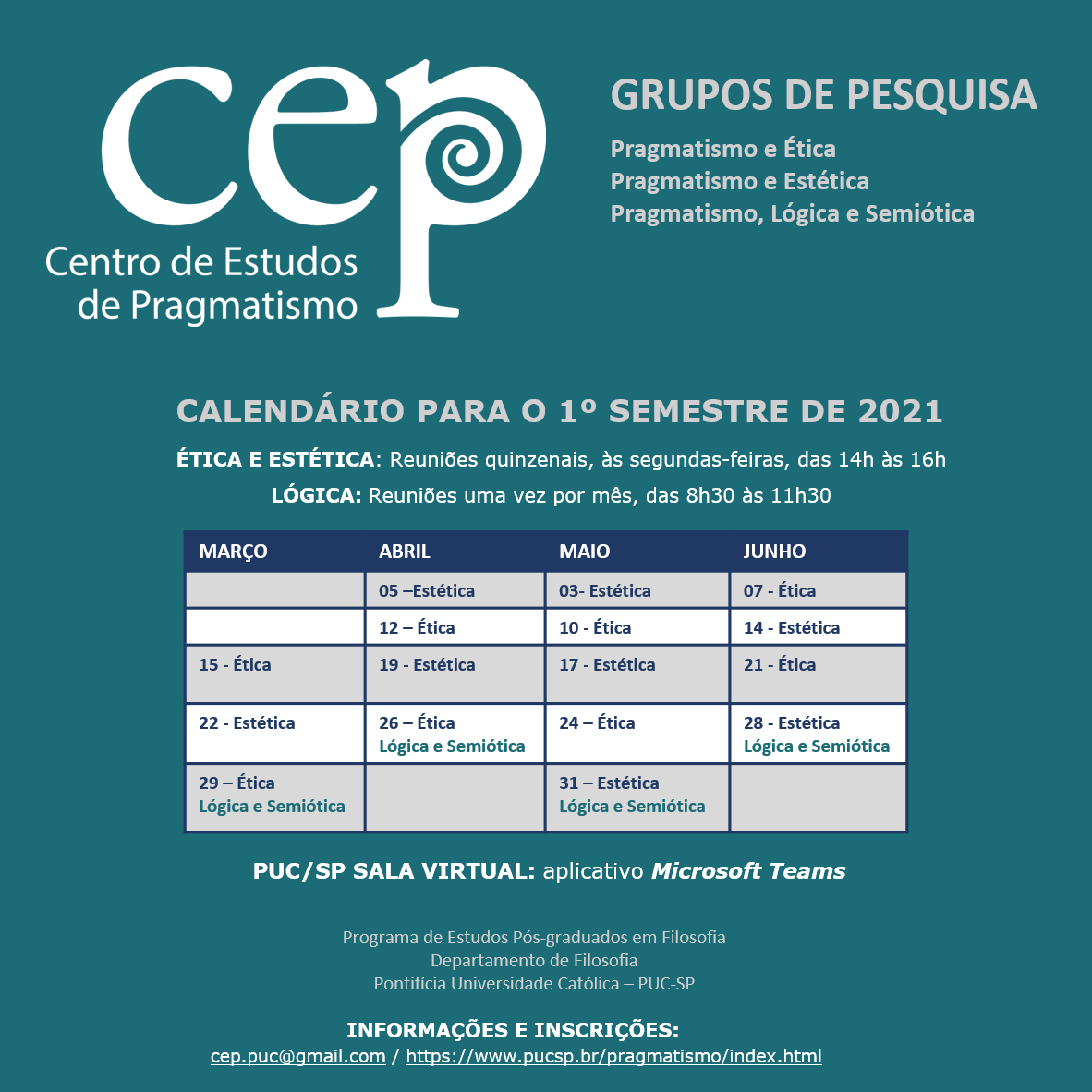The Research Groups of the Center for Pragmatism Studies are guided by four lines of research, namely, Pragmatism and Ethics, Pragmatism and Aesthetics, and Pragmatism and Logic, Pragmatism and Psychoanalisys. Studies around four lines have been a useful source of topics for master's dissertations and theses doctorate from the Postgraduate Studies in Philosophy Program at PUC-SP and other graduate programs in the field.
RESERACH GROUPS
-
Pragmatism and EthicsItem de lista 1
This research group investigates ethical implications of pragmatism considered as a science of conduct. The relations between theory, belief, and intended action are under the theoretical setting of pragmatism and properly integrate this line of research.
-
Pragmatism and AestheticsItem de lista 2
This research group seeks to investigate the relations between pragmatism and aesthetics, as well as between semiotics and aesthetics, focusing on the relations between the normative sciences, namely, Esthetics, Ethics and Logic, as well as on examining the role of art in the affectation of human conduct.
-
Pragmatism and LogicItem de lista 3
This research group seeks to research some correlations involving logical principles of pragmatism and traditional epistemological problems of the history of ideas. It also investigates logical implications of pragmatism, besides a series of correlations between pragmatism, Logic and theory of knowledge. In particular, treating the theory of signs in the light of pragmatism and encouraging the investigation of authors who are at the roots of classical pragmatism – such as Immanuel Kant –, this research group reinforces the importance of studying Semiotics in parallel with Logic.
For the accuracy of the above mentioned search fields, this research group promotes the translation of texts from Charles S. Peirce, many of them unpublished, still in manuscript form, obtained from Peirce Edition Project (Indiana University).
-
Pragmatism and PsychoanalysisItem de lista 4
This research group seeks to correlate Psychoanalysis and Pragmatism studies, and has as one of its central objectives the investigation of correlations between Peirce's philosophy and Psychoanalysis. Through the study of this theme, it will be investigated how Peirce's philosophy can contribute to provide clarification on the conception of the unconscious in Psychoanalysis, therefore allowing the recognition of how semiotic aspects are part of significant developments regarding the unconscious.




